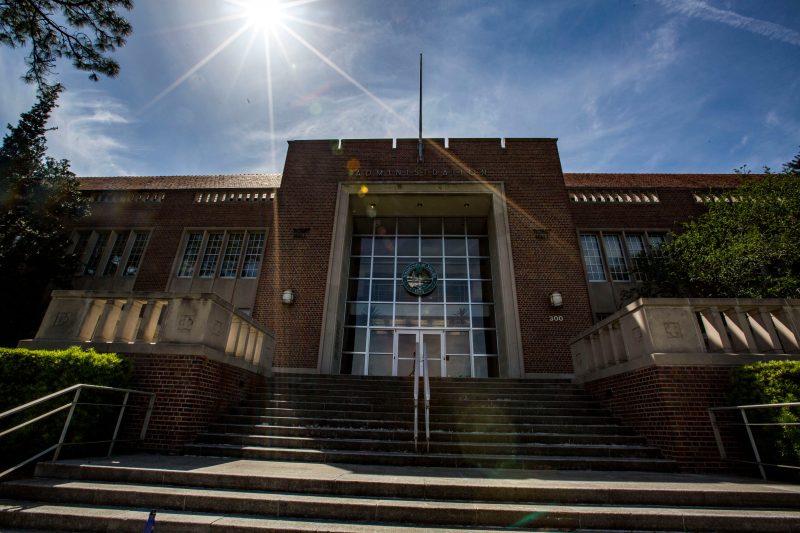
NAACP urges Black student-athletes to reconsider Florida colleges after DEI policy
PENSACOLA, Fla. — The NAACP urged Black student-athletes on Monday to reconsider attending Florida colleges in response to the University of Florida and other state schools recently eliminating their diversity, equity, and inclusion programs.
‘Florida’s rampant anti-Black policies are a direct threat to the advancement of our young people and their ability to compete in a global economy. Diversity, equity, and inclusion are paramount ensuring equitable and effective educational outcomes,’ said Johnson in the letter, adding: ‘This imbalance of power and profit demands a response, particularly because these institutions reap considerable financial benefits from the very individuals they fail to stand by in matters of diversity, equity, and inclusion.’
A state bill passed in 2023, SB 266, effectively bars Florida schools, colleges, and universities from spending state or federal funds to promote, support, or maintain programs that ‘advocate for diversity, equity, and inclusion, or promote or engage in political or social activism.’
State schools like North Florida and Florida International also shut down DEI programs.
‘Already starting to see a brain drain’
How gender and race are taught on Florida campuses will be restricted under the new law. It requires university officials to review any lessons ‘based on theories that systemic racism, sexism, and privilege are inherent in the institutions of the United States and were created to maintain social, political, and economic inequities.’
Critics are concerned that the new law could dissuade students from enrolling in Florida universities.
‘We’re already starting to see a brain drain from our state institutions,’ Matthew Lata, a professor at Florida State University’s College of Music, told the Tallahassee Democrat, part of the USA TODAY Network, last year.
DEI in business and education
In education, DEI typically refers to strategies, policies, and practices that provide all students equal access to educational opportunities, regardless of their background, identity, or abilities.
When put into practice, implementing DEI strategies in education can include updating the curriculum to reflect diverse perspectives, providing teachers with training on bias, and cultural competency and making efforts to increase diversity among staff. Creating an educational environment where all students can succeed is the overall goal.
DEI-related programs in education can vary significantly from one institution to another. They can touch on everything from the hiring process to enrollment and even how curriculum is shaped.
Here are some common examples of DEI-related programs:
Diversity training for educators – Many schools and universities have started providing diversity and inclusion training for teachers, professors, and other staff, which often includes instruction on understanding bias, promoting cultural competency and teaching in a manner that respects and addresses the needs of students from diverse backgrounds.
Strategies for increasing diverse representation – The American Council on Education has outlined strategies for increasing representation in hiring practices.
Support services – Some schools provide additional support services for marginalized or disadvantaged groups, such as tutoring programs, counseling services, and resources for students with disabilities.
In higher education, the new law could affect programs that recruit and retain students and faculty from underrepresented backgrounds, and even DEI-related courses.
